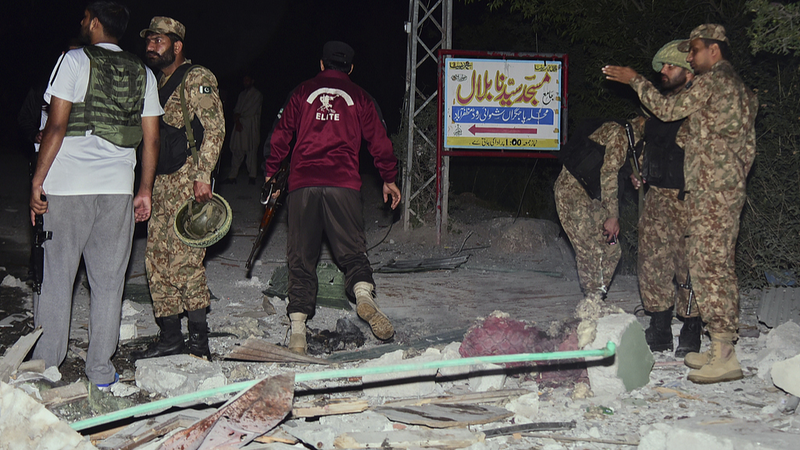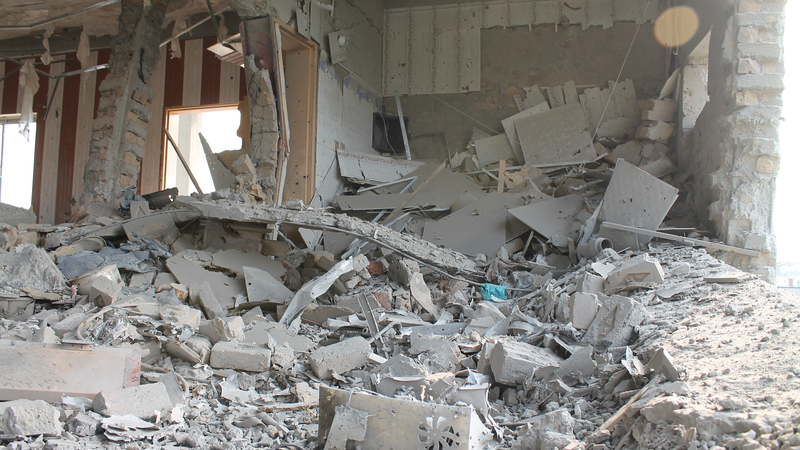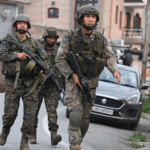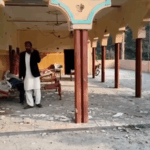Military Action Sparks Regional Crisis
Two weeks after a deadly attack on tourists in Pahalgam, Indian-controlled Kashmir, India launched airstrikes in Pakistan early Wednesday, prompting swift retaliation. The move marks a dangerous escalation in long-standing tensions between the nuclear-armed neighbors.
Operation Sindoor: India's Justification
India described its strikes as part of 'Operation Sindoor,' targeting nine locations it claims housed 'terrorist infrastructure.' Delhi asserted the action was a response to the April 22 attack in Pahalgam, which it attributes to Pakistan-based militants—a claim Islamabad denies. No group has claimed responsibility for the initial incident.
Pakistan's Counterstrikes and Casualties
Pakistan reported eight civilian fatalities, including a child, and 35 injuries from India's operation. Defense Minister Khawaja Asif claimed five Indian fighter jets were shot down in retaliation, while President Asif Zardari vowed a 'strong response' to what he called aggression against civilians.
Global Calls for Restraint
UN Secretary-General Antonio Guterres warned the 'world cannot afford a military confrontation,' urging immediate de-escalation. China echoed these concerns, with a foreign ministry spokesperson emphasizing the need for 'calm and restraint.' U.S. President Donald Trump called the situation 'a shame' while hoping for swift resolution.
Experts Warn of Nuclear Risk
Analysts like Sourabh Gupta highlight the perilous context of nuclear capabilities and historical precedents like the 2019 Pulwama conflict. Soochow University's Victor Gao stressed the urgent need for diplomatic intervention: 'The timing couldn’t be worse. Relevant parties must prevent hot heads from pulling triggers.'
Reference(s):
cgtn.com








